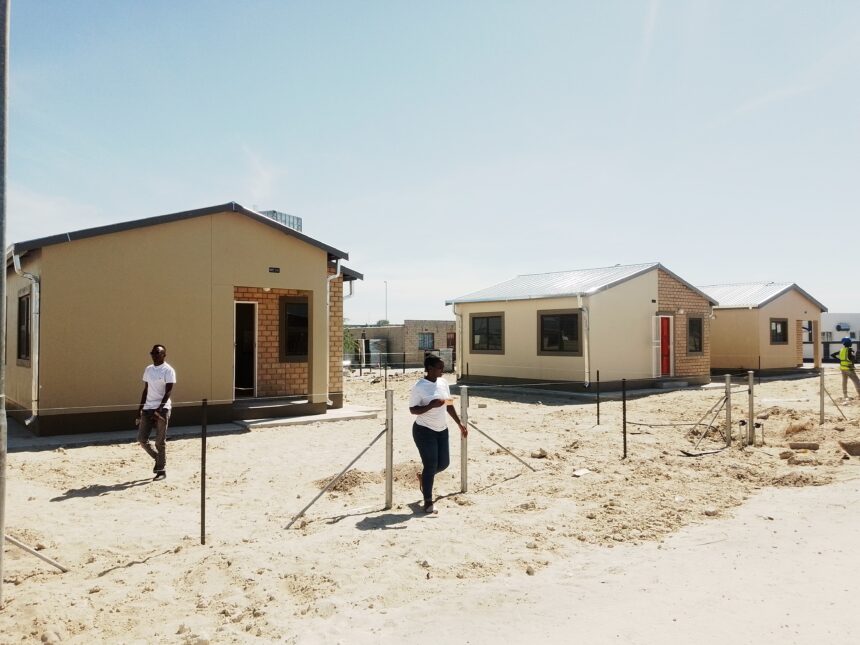Lahja Nashuuta
Swapo Member of Parliament Marius Sheya has called for the establishment of a clear and consistent funding formula for all 57 local authorities in Namibia, proposing a minimum annual allocation of N$10 million to support both administrative operations and capital development.
Speaking in Parliament, the former Kunene governor also urged the fast-tracking of informal settlement formalisation through trusted community-based programmes such as the Shack Dwellers Federation and Build Together. He emphasised the importance of implementing these initiatives with active community involvement and free from intermediaries.
Sheya further advocated for tailored legislation to ensure that every first-time Namibian homebuyer gains access to serviced urban land at no or minimal cost, across all 57 local authority areas. In addition, he proposed that every Namibian household should be guaranteed electricity.
“We need to craft responsive laws. Laws that address poverty, land, housing, education, and economic participation,” Sheya said.
“And we must build consensus across party lines because hunger knows no political affiliation, and unemployment affects all Namibians.”
Sheya also pushed for legislation mandating that each of the country’s 121 constituencies be equipped with, at a minimum, a primary and secondary school, a health centre with a mortuary and ambulance, as well as access to electricity and clean water. Echoing similar sentiments, former Otjozondjupa regional chairperson, and councillor, Marlayn Mbakera, stressed the critical role of local authorities.
“Local authorities are often the first and only interface citizens have with the State,” she said. Adding that, “They are the closest to the people, most attuned to their needs, and the most visible face of government.”
Mbakera noted that municipalities are responsible for essential services such as clean water, sanitation, affordable housing, waste management and road infrastructure, yet they are consistently asked to do more with limited resources.
“The principles of subsidiarity and decentralisation are not merely academic, but they are constitutional commitments and practical tools for driving development,” she explained, arguing that “When decision-making and resources are brought closer to the people, we foster a responsive, inclusive, and participatory democracy.”
While supporting the introduction of regular, formula-based fiscal transfers that consider population size, poverty levels, infrastructure needs, and local capacity.
Mbakera also called for well-defined roles and responsibilities in intergovernmental fiscal relations, improved coordination between central, regional and local government, and enhanced capacity-building in financial management and planning at the local level.
She urged the establishment of a robust legal framework to protect the fiscal autonomy and integrity of local authorities while ensuring performance-based outcomes.
“Municipalities carry heavy mandates but are starved of resources,” she said. “It’s time to correct this contradiction. Parliament must chart a new course to ensure that municipalities are not junior partners, but they are the frontline of progress.”


